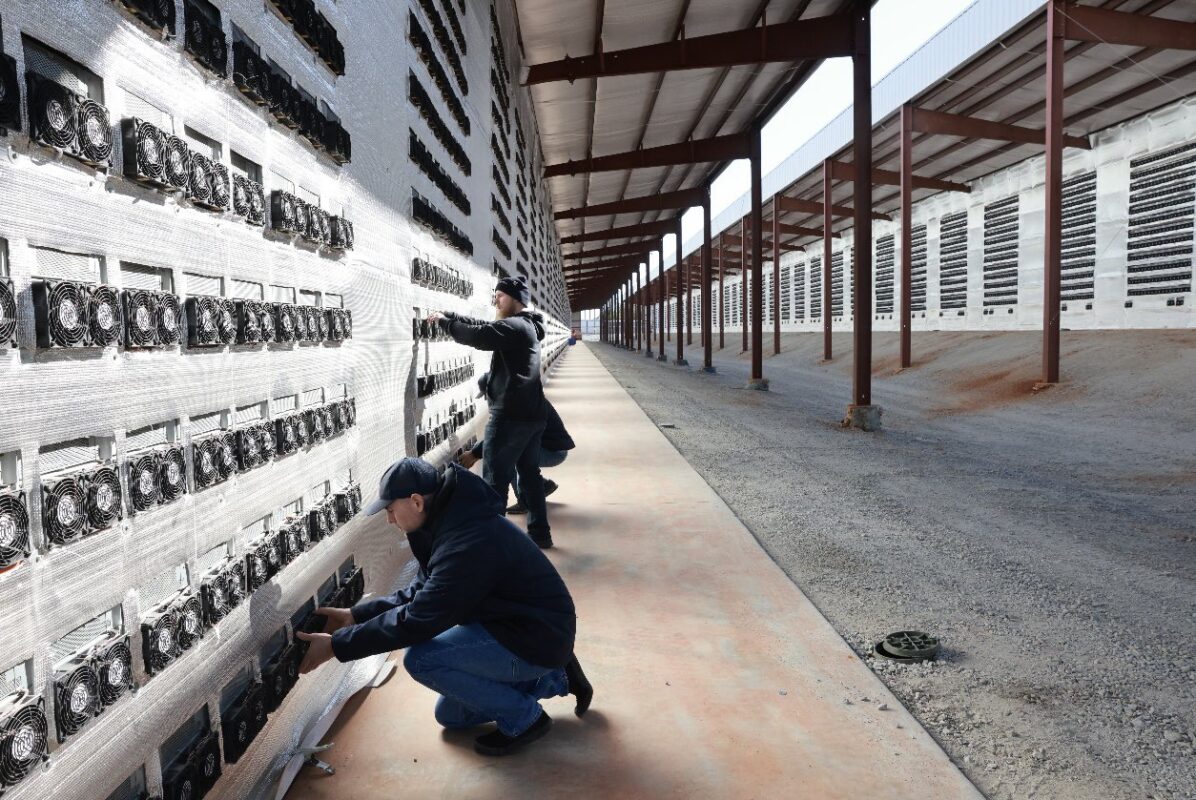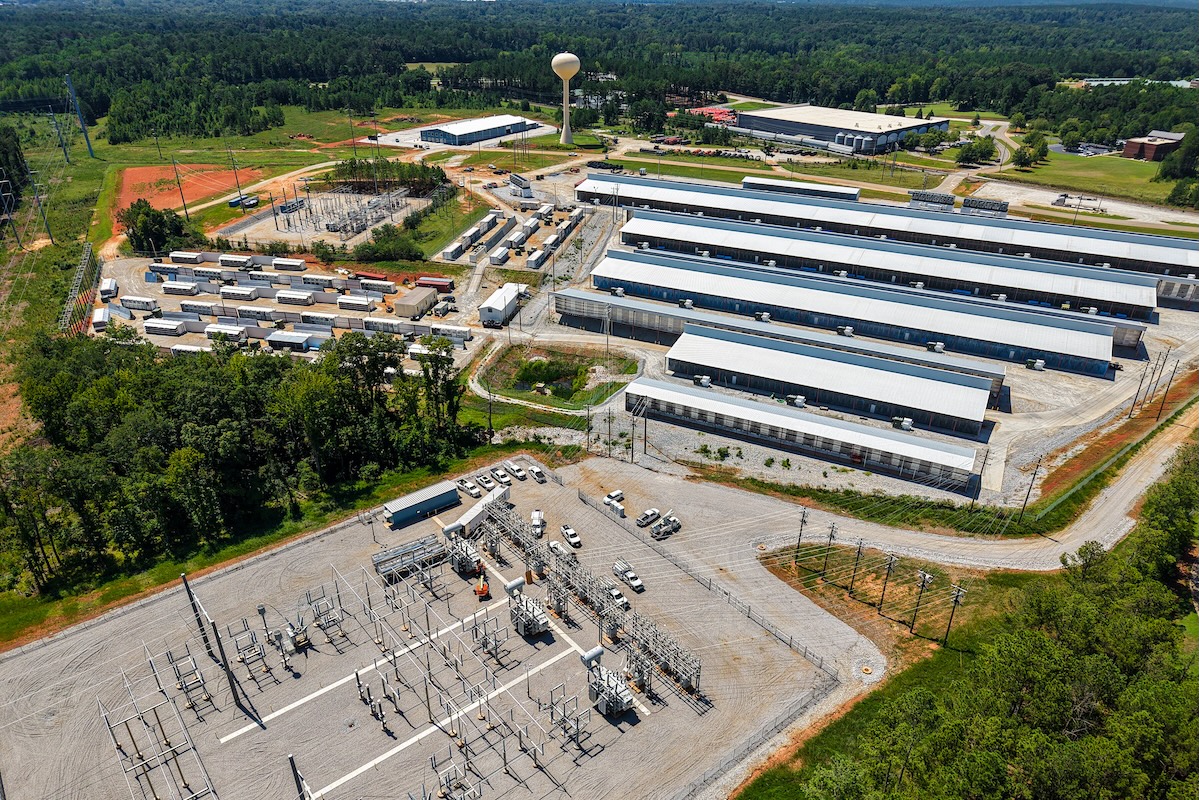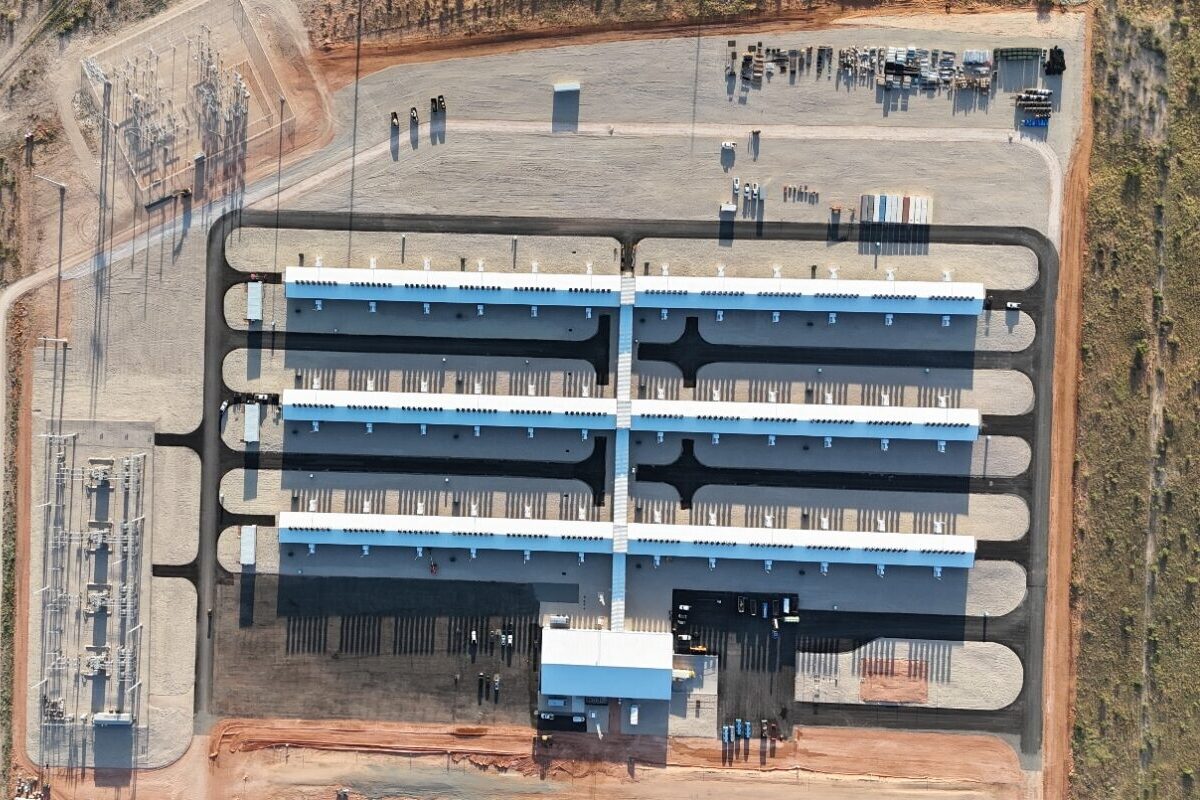CleanSpark Cuts Bitcoin Mining Hashcost by 25% in Q4 Amid Hashprice Pressure

Bitcoin mining giant CleanSpark has reduced its hashcost by approximately 25% in the last quarter, thanks to fleet upgrades and a reduction in corporate expenses aimed at managing the pressure of Bitcoin’s stagnating hashprice.
The company released its Q4 earnings on Friday, reporting a total mining revenue of $162 million from mining 1,945 BTC during the quarter. It also disclosed a cash-based direct production cost of $36,139 per mined BTC, alongside a corporate overhead cost of $16,343 per BTC related to payroll, administrative expenses, and professional fees.
This brings the total all-in cash cost to $52,482 per BTC, which implies a fleet and corporate hashcost of $23.60 per PH/s and $10.70 per PH/s, respectively. Together, these reductions represent a 25% decrease in CleanSpark’s total hashcost compared to the previous quarter.
The fleet hashcost reduction was primarily driven by the company’s investment in upgrading its mining fleet with more efficient equipment. CleanSpark incurred a net spending of $192 million on mining hardware during Q4.
The company also reported a blended power and hosting cost of approximately $0.0511 per kilowatt-hour, suggesting an effective fleet efficiency of 19.2 joules per terahash (J/TH). This marks a 17% improvement from Q3, according to analysis by TheMinerMag.
The reduction in hashcost comes amid Bitcoin’s hashprice recovery, which a market rally has supported, although this has been somewhat offset by a 20% increase in the network’s hashrate during Q4. Bitcoin's average hashprice was around $55/PH/s over the last quarter and has remained at that level since the New Year.
On the financing front, CleanSpark raised $186 million through stock offerings and $635 million via the issuance of convertible bonds, $145 million of which was allocated to share buybacks. In January, CleanSpark mined 626 BTC with a realized hashrate of 34.77 EH/s, making it the second-largest public mining company by production capacity.


